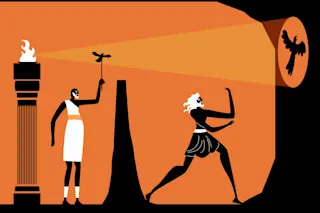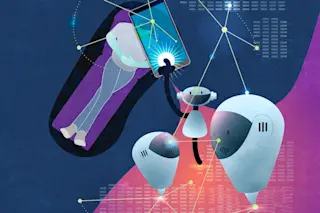Economists have a game that reveals how deeply individuals reason. Known as the 11-20 money request game, it is played between two players who each request an amount of money between 11 and 20 shekels, knowing that both will receive the amount they ask for.
But there's a twist: if one player asks for exactly one shekel less than the other, that player earns a bonus of 20 shekels. This tests each player’s ability to think about what their opponent might do — a classic challenge of strategic reasoning.
The 11-20 game is an example of level-k reasoning in game theory, where each player tries to anticipate the other's thought process and adjust their own choices accordingly. For example, a player using level-1 reasoning might pick 19 shekels, assuming the other will pick 20. But a level-2 thinker might ask for 18, predicting that their opponent will go for 19. ...













